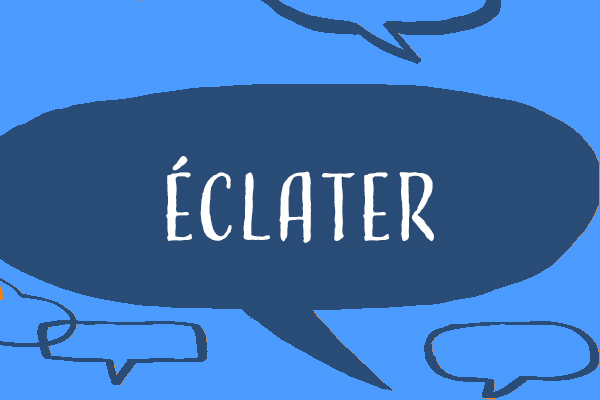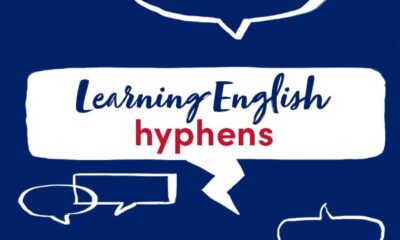Here we are again for another French word of the week. Today we’re looking at the verb éclater.
Éclater follows the conjugation of regular -er verbs in French. For the pronunciation of this verb, you can listen to the audio here:
function playAudio(url) { new Audio(url).play(); }The main meaning of the verb is about something bursting or exploding.
But in certain set phrases or contexts, éclater can have slightly different meanings. As always, you’ll need to think about the context of the sentence, as well as the subjects and objects involved.
Most commonly, this verb is used intransitively meaning to explode, break out, erupt, or burst. It can be figurative as well as literal:
La première guerre mondiale a éclaté en 1914. World War One broke out in 1914.
Ton ballon éclatera si tu continues à jouer comme ça ! Your ball will burst if you keep on playing like that!
Notre patron est trop stressé, il va éclater à tout moment. Our boss is way too stressed – he’s going to explode any minute now.
éclater de rire to erupt with laughter
Cette histoire était trop triste – j’ai éclaté en sanglots. That story was too sad – I burst into tears.
Its reflexive verb form is also quite common, but bear in mind that this usage is quite informal. This is the sort of phrase you’d say between friends, not in formal, written French. As you might hear it, it’s worth being aware of:
s’éclater to have a ball; to have a whale of a time
Abdul et moi nous nous éclatons dans notre nouvel appart. Abdul and I are having a whale of a time in our new flat.
C’était comment la fête hier soir ? – Trop bien, on s’est éclatés ! How was the party last night? – So good, we had a great time!
Éclate-toi ! Enjoy yourself!
If you need a reminder on how reflexive verbs work, check out our Easy Learning Grammar page on reflexive verbs.
You might come across the derived noun éclat – this masculine noun appears in many compounds and set phrases. The most common are:
éclat de rire a burst of laughter
éclat du soleil glare (from the sun)
éclat de voix an outburst (of shouting, raised voices)
faire un éclat to cause a scene
Now, we don’t mean to burst your bubble, but that’s all for this week. Come back again to find out more interesting facts and breakdowns of French words for learners.
Written by Holly Tarbet, freelance copywriter and editor.
All opinions expressed on this blog are those of the individual writers, and do not necessarily reflect the opinions or policies of Collins, or its parent company, HarperCollins.



